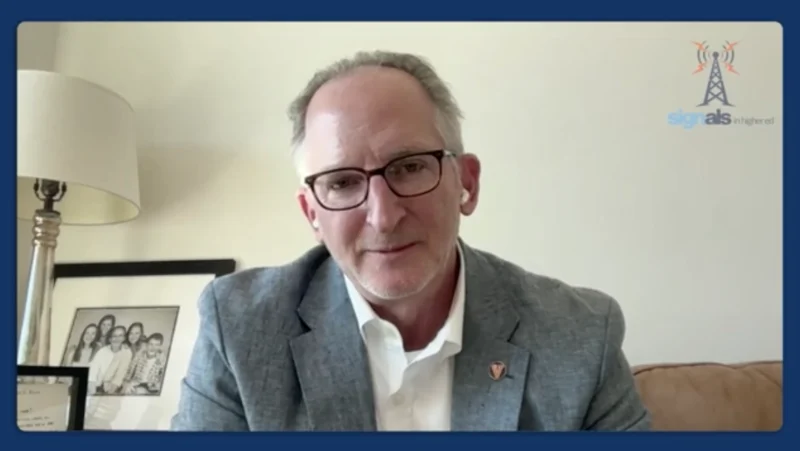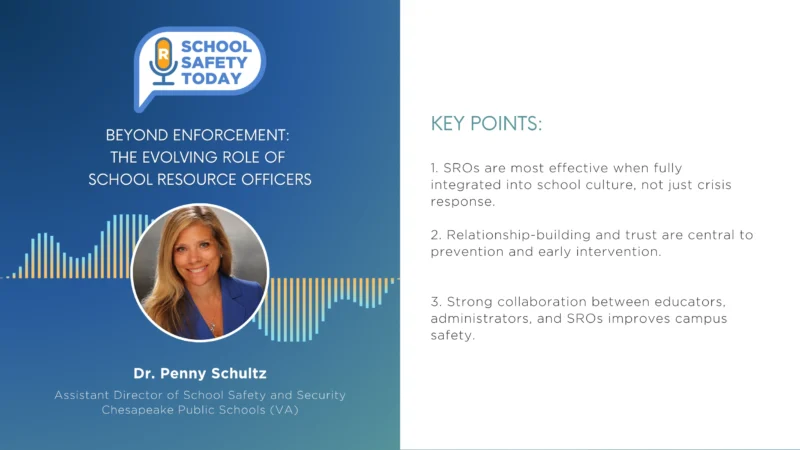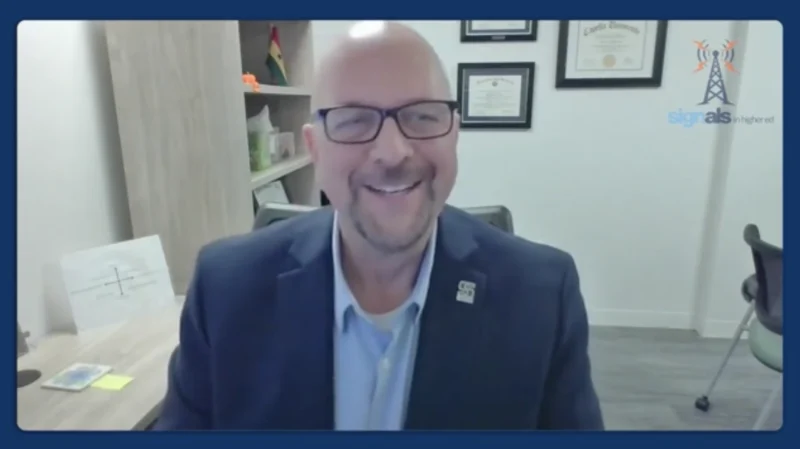How Culture and Climate Shape School Security
With increasing concerns over school safety, the discussion on creating a secure educational environment has never been more pertinent. As incidents of violence and security breaches rise, the need for a holistic approach to school safety becomes increasingly urgent.
In this episode of “Secured,” Guy Bliesner, a distinguished school safety and security analyst at the State Board of Education in Idaho, shares insights into the critical importance of climate and culture in school security. Drawing from his extensive experience as a coach, teacher, and administrator, Bliesner explores key strategies for creating a safe and secure educational space, addressing the challenges posed by predatory vendors, and empowering staff to actively participate in shaping security protocols.
Key Takeaways from this Episode:
- Prioritizing students’ safety and engagement through effective enculturation of security processes.
- Implementing invisible yet effective security measures to foster a conducive learning environment.
- Collaborating with law enforcement agencies and adopting proactive security measures tailored to each school’s unique needs.




